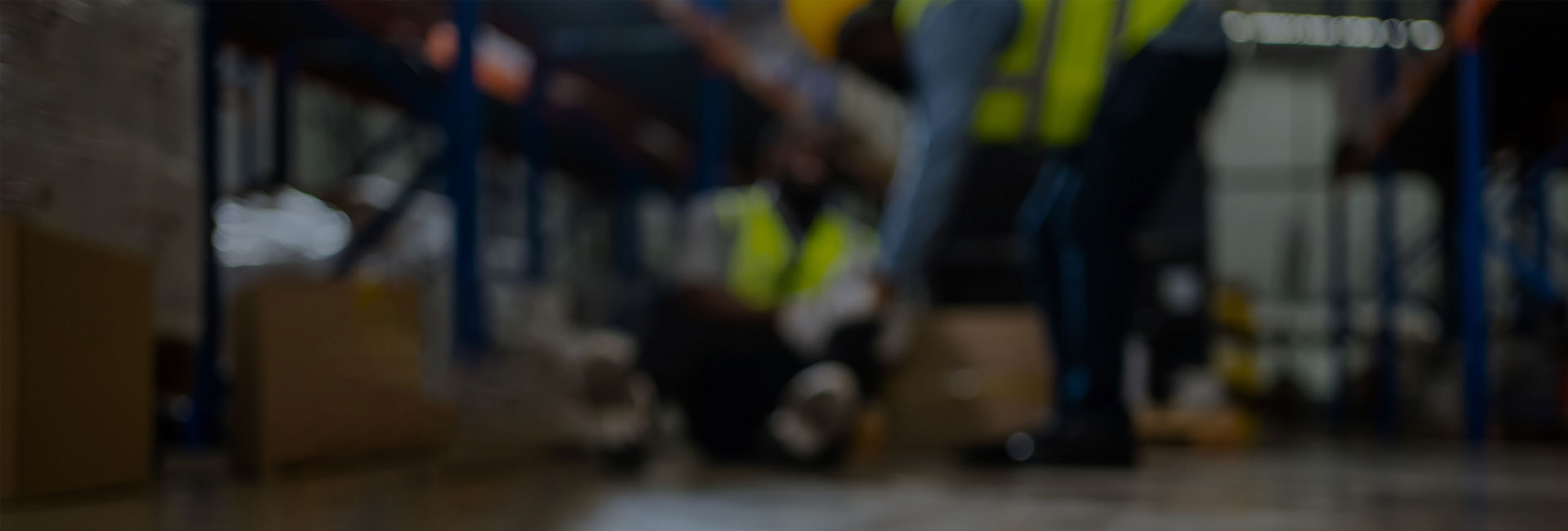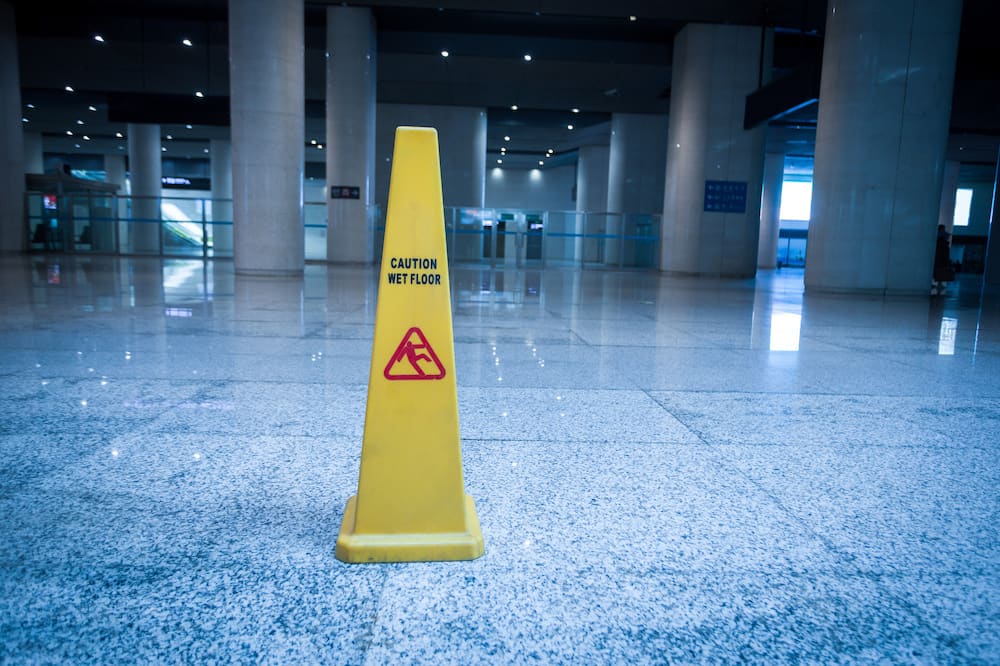Premises liability cases are often generically referred to as “slip and fall” or “trip and fall” cases. These cases involve a situation where someone slips or trips and is injured. In my nearly 30 years of practicing law, it has been my experience that many people have a misunderstanding of how the law actually works in these cases. Lots of people believe that if they are injured on someone else’s property, the property owner is responsible for the injuries. It might be nice if that was the law, but it simply isn’t. Winning a premises case requires a lot more than just showing an injury on someone else’s property.
So how does it work?
First, we have to determine your status. In Alabama, someone who enters someone else’s property is either a trespasser, a licensee or an invitee. The status you had at the time of your injury determines the duty you were owed. A landowner owes the lowest duty to a trespasser and the highest duty to an invitee.
A trespasser is a person who enters someone else’s property without the landowner’s permission.
A licensee can be a social guest who enters a property for leisure purposes, such as someone attending a barbecue or maybe a birthday party at a friend’s house.
An invitee is someone who enters the premises for business or commercial purposes, such as a store customer or a hotel guest.
Once we determine your status, we next consider the duty that was owed to you.
Depending on the status of the person who was injured, we look at the duty that was owed in order to determine if and how the duty was breached or violated.
A trespasser is owed the lowest duty of the three categories of visitors. A property owner must not willfully or wantonly injure a trespasser through “pitfalls” or “booby traps.” Believe it or not, there have been cases where someone decided it would be a good idea to dig a deep hole and cover it up to discourage people from going on to the property. That didn’t end well for the landowner.
A licensee is owed a higher duty than a trespasser but less than an invitee. A landowner has a duty to not willfully or wantonly injure the licensee, and to avoid negligently injuring the licensee after discovering a hazard. The landowner also must not expose the licensee to dangers such as traps, pitfalls, obstructions, and any other conditions that are created through the landowner’s active negligence. Not many cases involve these situations but it does happen on occasion.
Most cases involve injury to an invitee. An invitee is owed the highest duty of care. This is generally someone who enters a property for business or commercial purposes, such as a store customer or hotel guest. A landowner must use reasonable care to keep the premises in safe condition for the invitee. Additionally, a property owner is obligated to warn an invitee of dangers that are known or should be known to the owner.
Okay, now what?
If you can prove fault or liability on the landowner, the law allows you to recover for the damages you suffered.
If you or a loved one slips in a store or restaurant, there are some important dos and don’ts. A few of them are:
DO – report the injury
DO – Take photographs of what caused you to fall
DO – ask for a report to be completed
DON’T – admit any fault
Contact me a for a free consultation to discuss the specifics of your situation. I can be reached at Tracy@AlabamaPersonalInjuryLawyers.com.
We are Alabama Personal Injury Lawyers, LLC. Personal Injury law is all we do.


